It’s a Gift (1934)
“You have absolutely no consideration for anybody but yourself.”
|
Synopsis: |
|
Genres, Themes, Actors, and Directors:
Response to Peary’s Review: I recall being truly enamored by It’s a Gift when I first saw it years ago, and was looking forward to a revisit — yet I must admit that I no longer find the film quite as “side-splitting” as Peary (and so many other diehard fans) consider it to be. While I continue to appreciate the craftsmanship of each “hilarious”, expertly orchestrated vignette (which Peary spends the remainder of his review summarizing), I apparently wasn’t in the right mood to enjoy watching Bissonnette passively accepting one indignity after the other: a little of Fields’s characteristic sarcasm and mean-spirited retorts were actually missed! With that said, first time viewers (at the very least) are sure to enjoy watching the classic grocery sequence (involving a reckless blind patron, an irate kumquat requester, and a molasses-spilling child): … the attempted porch-sleeping sequence (interrupted by countless annoyances, both inanimate and human): … and the truly jawdropping manor picnic sequence (in which Bissonnette and his family cluelessly trash the lawn of an estate they’ve mistaken for a park). Redeeming Qualities and Moments: Must See? Categories
(Listed in 1001 Movies You Must See Before You Die) Links: |
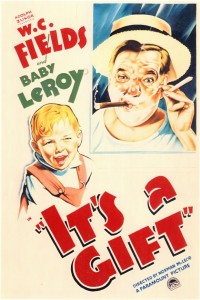
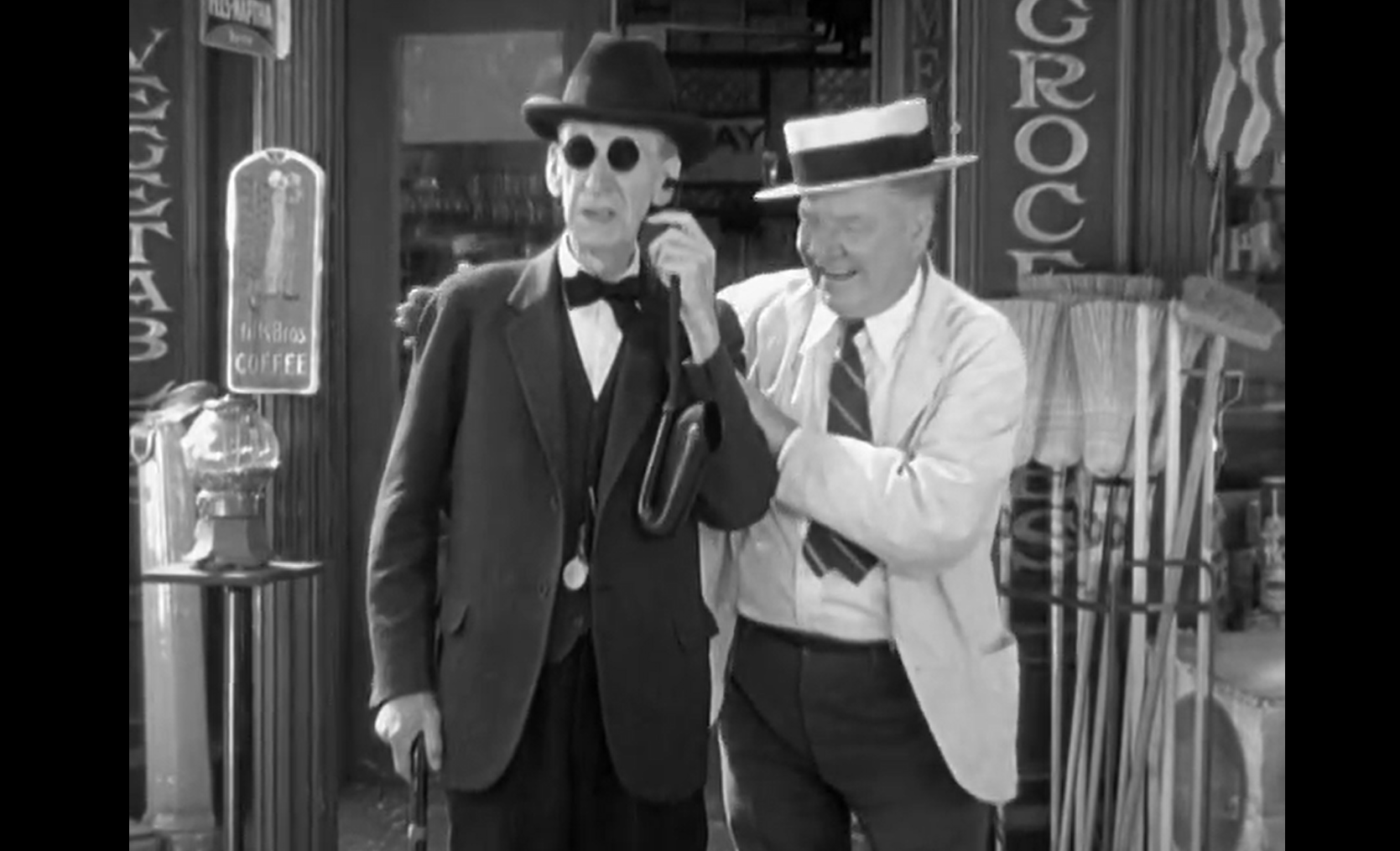
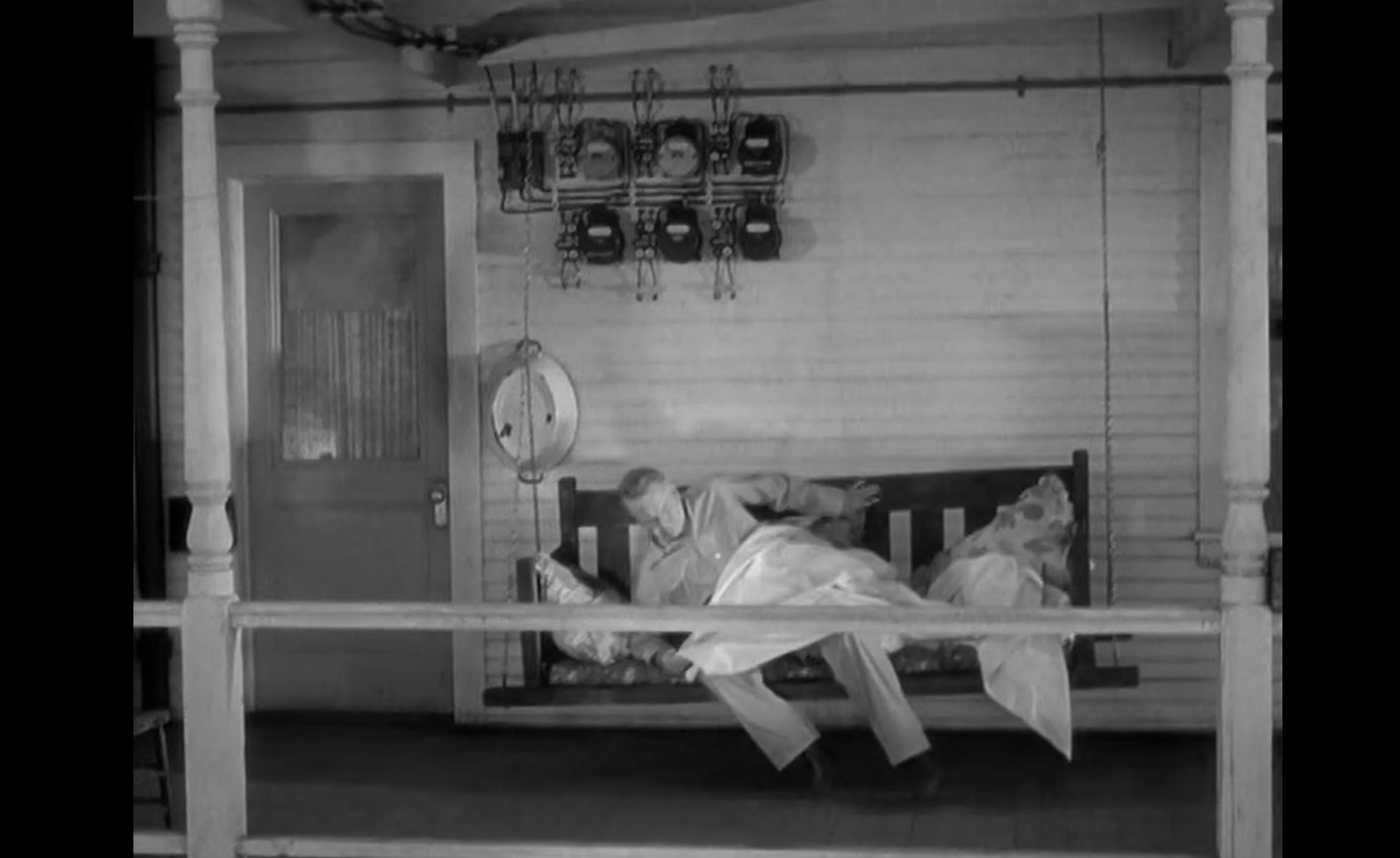
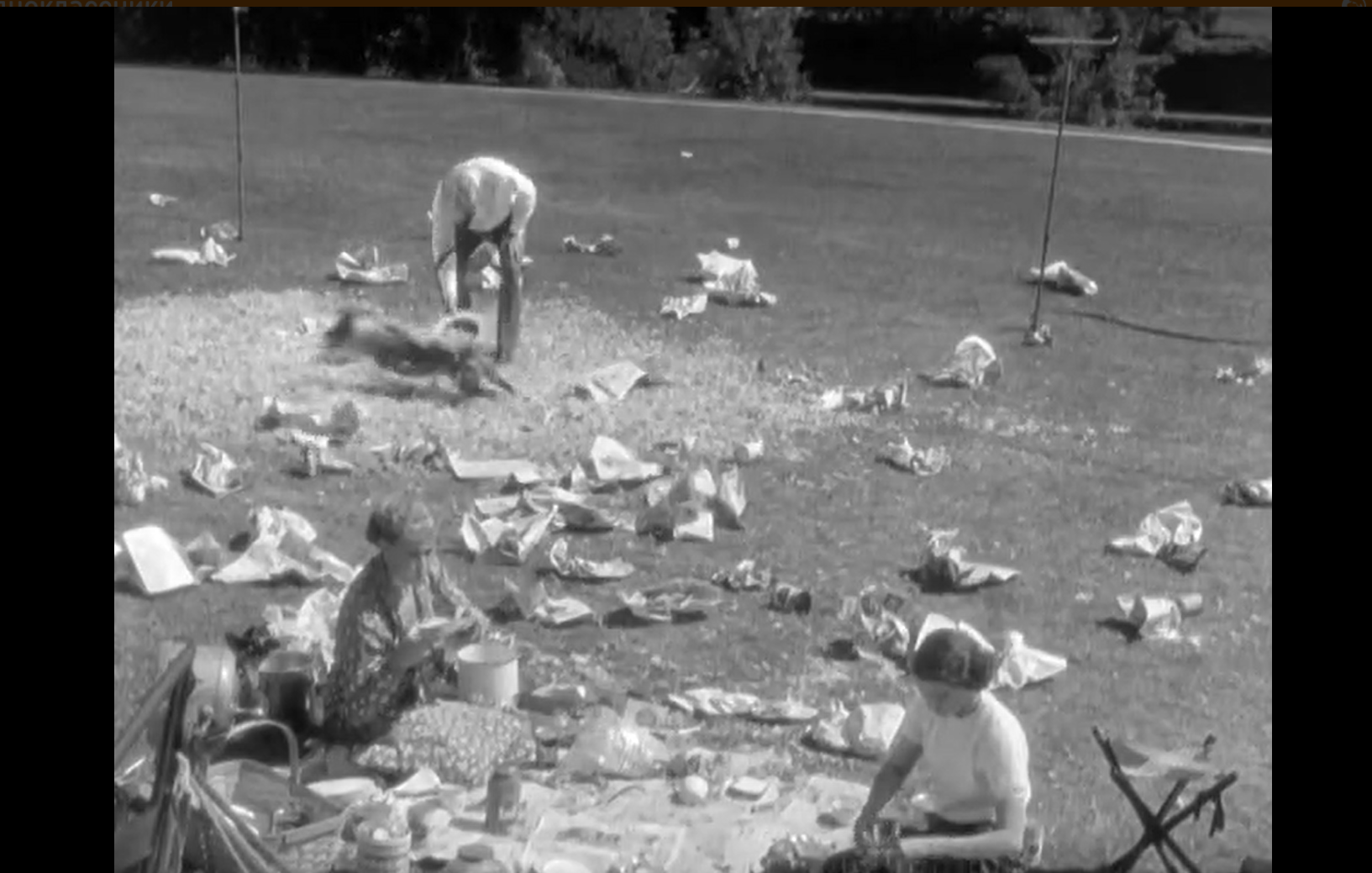
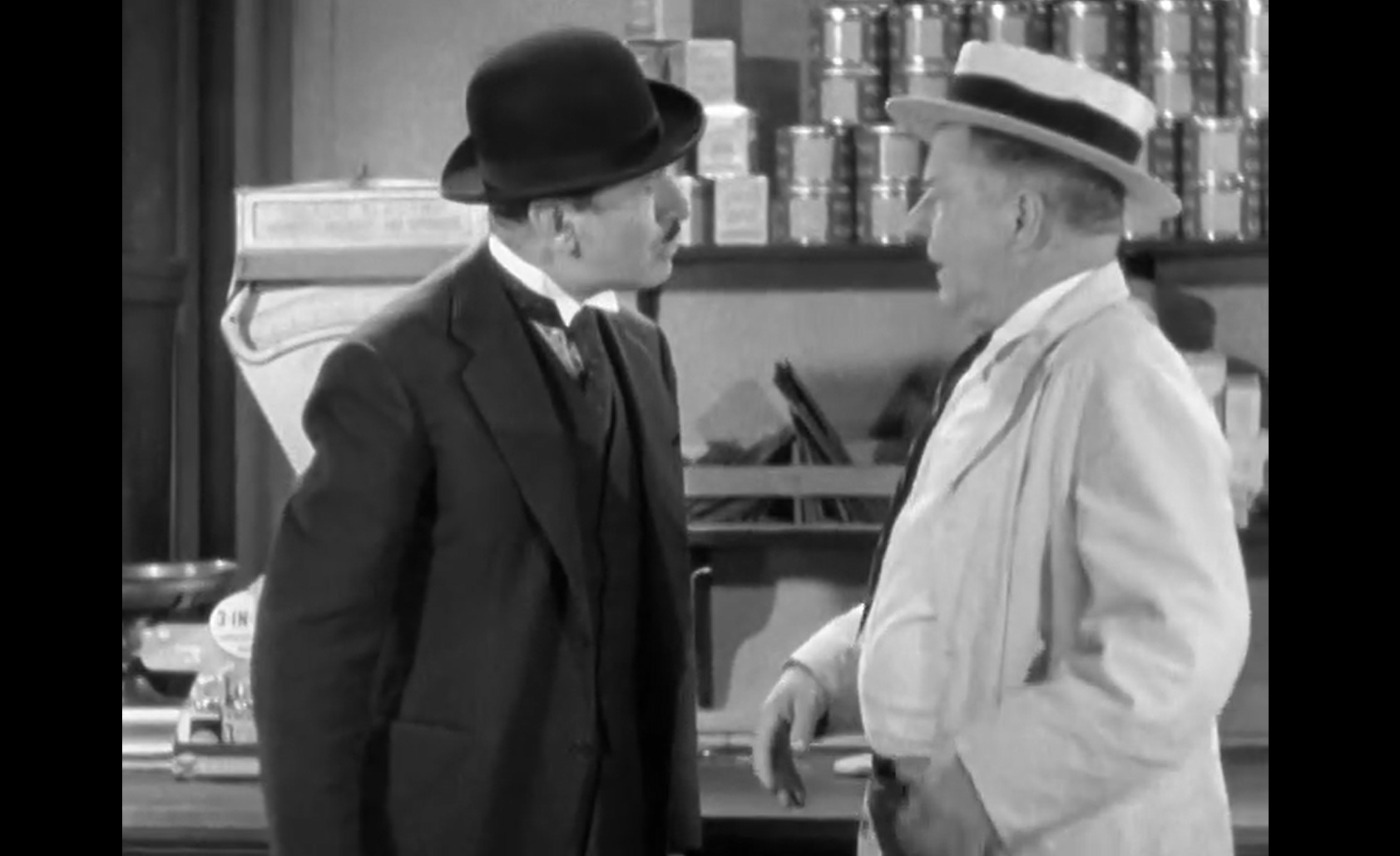
One thought on “It’s a Gift (1934)”
Can’t call this a must. Just can’t do it.
Was this something like the ‘Jackass’ of its day? Did audiences really find the relentlessness of it all funny? It’s difficult for me personally to sit through this amount of sight gags rooted in pain – combined with a cast of characters, almost to a person, who are unceasingly annoying or just plain stupid (those who don’t fall into those categories barely register here) – and think of it as entertainment.
Sure, Fields is the ‘Everyman’ who serves to balance. He’s not enough.
I did ponder the title. Why is this film called “It’s A Gift”? My first thought is something most of us have heard from time to time: life is precious; we have been given the gift of life. The film itself makes no reference to its title. If the film’s title is in keeping with what I thought, it’s a sad statement. The film would then be saying that life is anything but a gift; it’s filled with all of the awful indignities, etc., that the film shows us. Well, to a large extent that may very well be true. But to present that as an overall worldview in a single film seems merely a bitter act of a malcontent.